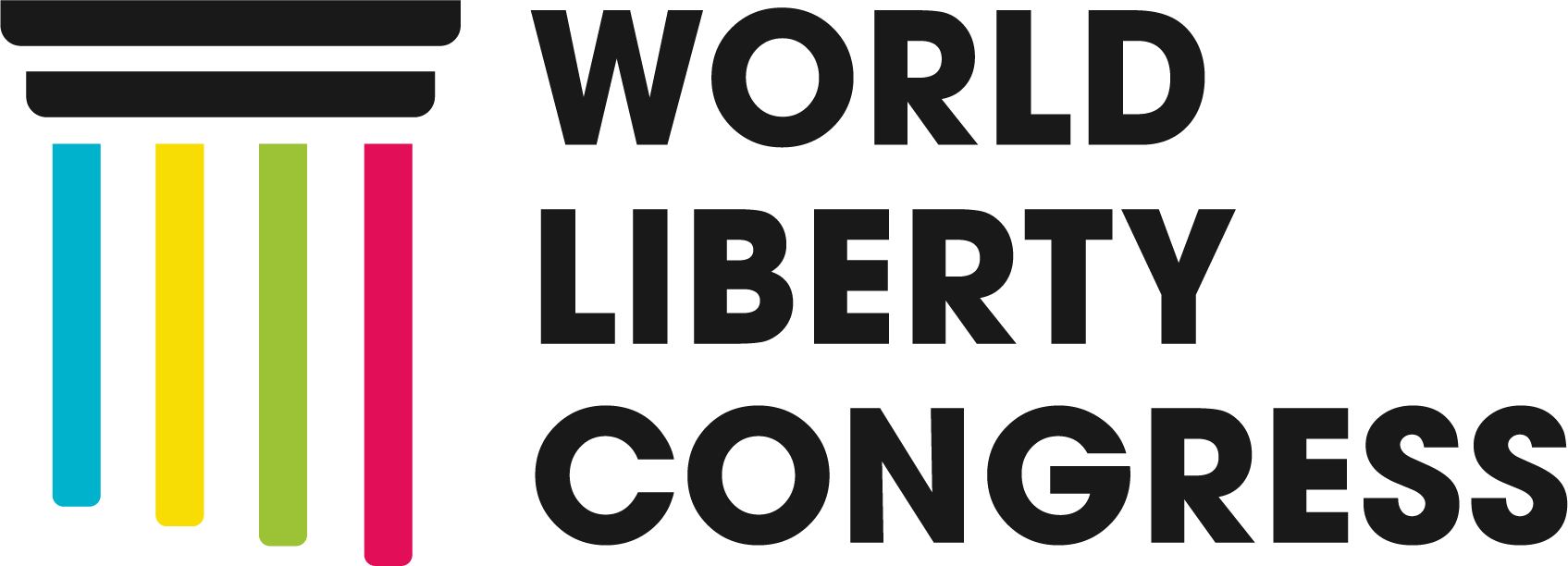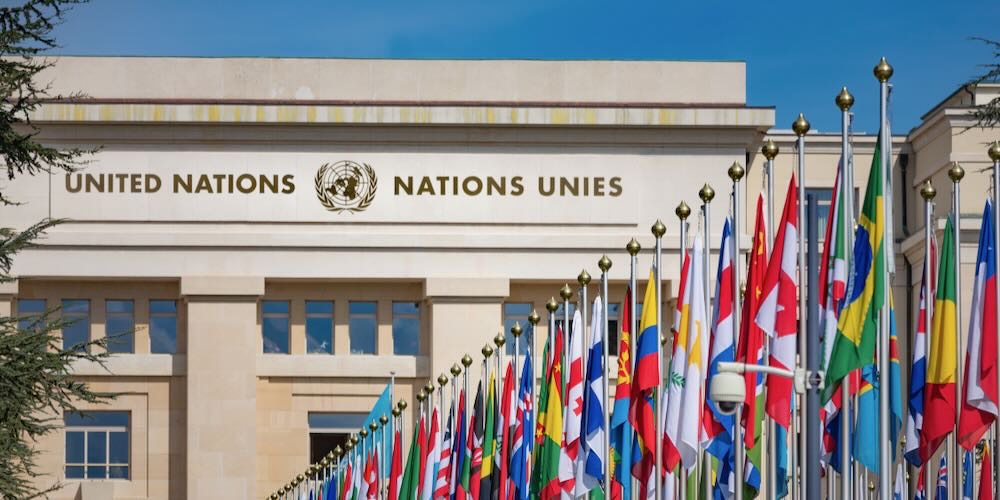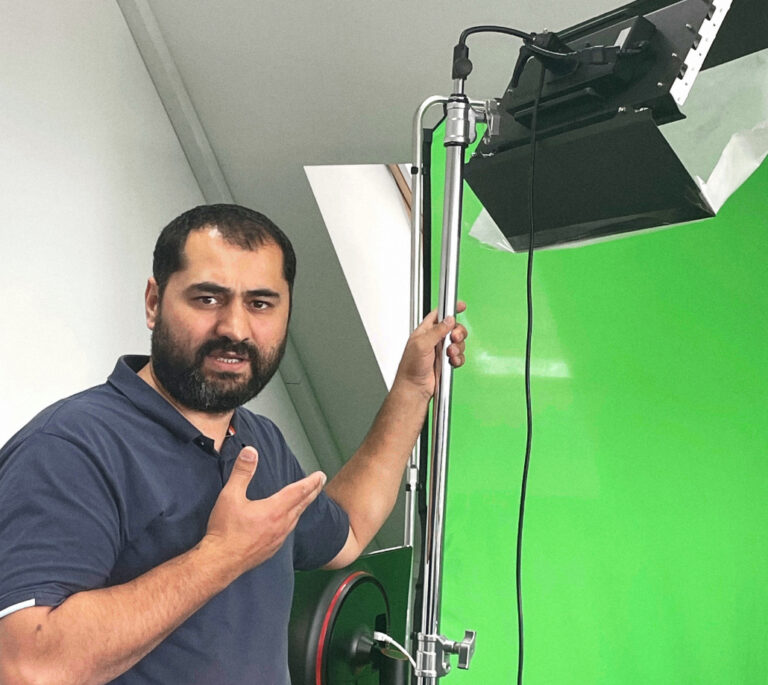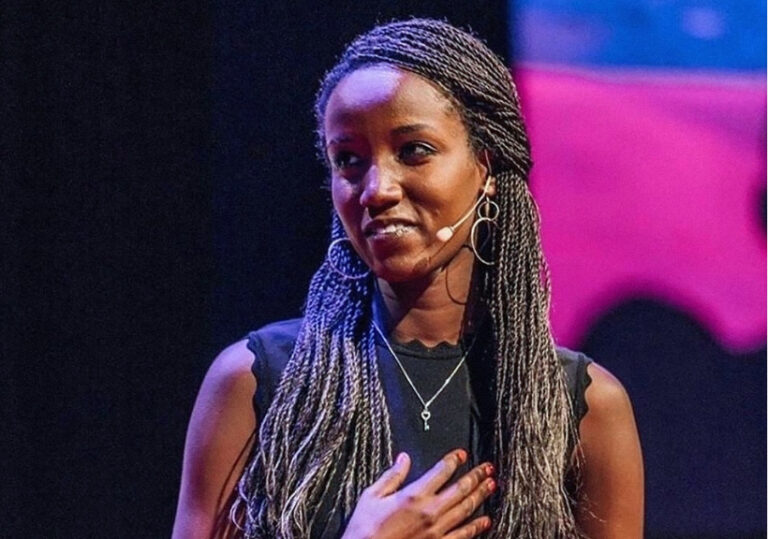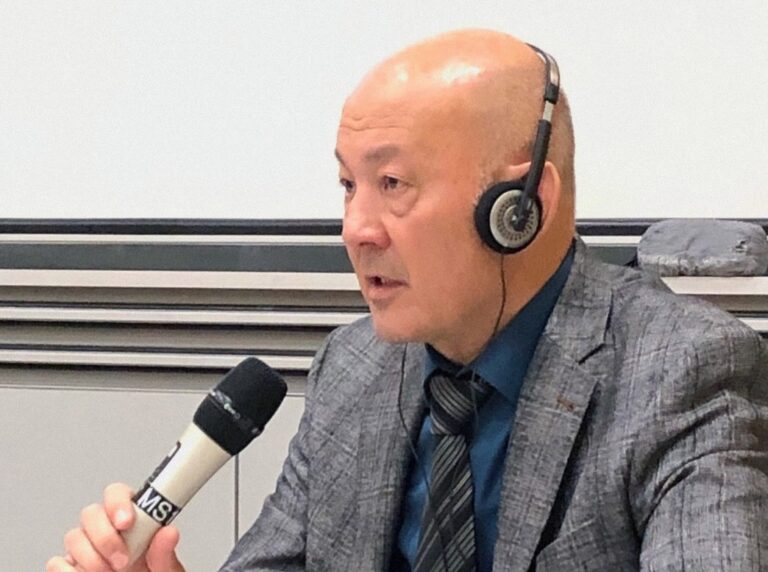By Félix Maradiaga, WLC Academy Director
“We the Peoples” is not a poetic flourish in the United Nations Charter; it is the operating system the institution promised to run. And yet, on the core question of whether power derives from the consent of the governed, the UN too often behaves like a machine running on obsolete software—as if democracy were an optional plug-in rather than a foundational module.
That gap between promise and practice was impossible to ignore at an off-the-record roundtable during this year’s human rights gathering in Oslo, where a diverse group of experts, practitioners, and activists debated the UN’s engagement with democracy and a concrete course-correction: establishing a UN Special Rapporteur on Democracy (UNRoD). The World Liberty Congress supports this initiative—and we urge governments from every region to do the same.
The case for action is overwhelming. Democratic regression afflicts both newer and long-standing democracies; put plainly, the erosion of democracy corrodes human rights, and the erosion of human rights corrodes democracy. These are not parallel crises; they form a single feedback loop.
Meanwhile, authoritarian governments are steadily tightening their grip within the UN system itself, often exploiting institutional caution to blunt scrutiny. The paradox is visible from New York to Geneva. The Human Rights Council—an essential body that should be the conscience of the international system—has not always met that high standard. Membership dynamics and bloc politics have, at times, muted responses to grave abuses or diluted resolutions that demanded clarity. To its credit, recent debates have acknowledged the spread of democratic backsliding; but acknowledgement is not a strategy.
Consider one telling signal: despite sustained efforts from a range of delegations and observers, robust language on democratic governance barely appeared in the UN’s “Pact for the Future.” Independent monitors, meanwhile, show that a large share of humanity now lives under repressive conditions. These are not atmospheric complaints; they are indicators of institutional drift.
To be fair, the constraints are real. Inside the system, we hear a familiar refrain: budgets are tight; mandates should be clustered or merged; political caution is prudent; timing is not ideal. Gina Romero, the UN Special Rapporteur on the rights to freedom of peaceful assembly and of association, reminded us how difficult it is to launch a new mandate in this climate—and how any poorly framed initiative risks capture by those who prefer the décor of democracy to the substance of it. The warning is wise. It is also a counsel for better design, not for paralysis.
What a Rapporteur on Democracy Would Do
A Special Rapporteur on Democracy would not reinvent the UN’s human rights machinery; it would help it function as intended. Properly structured, the mandate would:
• Fill real gaps the current architecture does not systematically cover: election integrity, checks and balances, the effectiveness of parliaments, transparency and anticorruption, and meaningful citizen participation beyond election day.
• Connect the dots across existing mandates—on assembly and association, expression, judicial independence, minority rights, and freedom of religion or belief—so the Council can see how democratic breakdowns cascade across rights.
• Establish a standing early-warning function, integrating country reporting with indicators of democratic stress (campaign-finance distortions, misuse of emergency powers, digital disenfranchisement), and flagging patterns before they calcify into authoritarian rule.
• Elevate best practices—from independent electoral commissions to oversight innovations and deliberative mechanisms that include women and minorities—so reformers have a repertoire to draw from, not just a list of cautions.
• Institutionalize civil-society input, including protected channels for whistleblowers and grassroots groups, recognizing that civic space is the oxygen of democracy.
Designed this way, a UNRoD is the opposite of bureaucratic bloat. It is a high-impact, low-cost fix to a systemic blind spot. That is why hundreds of organizations and experts across regions have rallied behind the concept—and why the World Liberty Congress is adding its voice.
Answering the Skeptics
Three objections recur.
First, some argue we should “stretch” existing mandates. But instruments built for discrete rights were never designed to assess whether power itself is accountable to the people. A democracy lens is not duplication; it is the frame that makes the picture intelligible.
Second, critics warn about co-option. They are right to do so. The remedy is not retreat but rigor: tightly drafted terms of reference; an appointment process that favors independence and expertise; and an independent advisory board combining regional experience, academic rigor, and civic legitimacy to serve as both sounding board and guardrail.
Third, realists say “the votes aren’t there.” Perhaps—until they are. In Oslo, we heard what diplomats admit in private: quiet agreement paired with visible hesitation, often for geopolitical reasons. That is precisely why a cross-regional coalition is essential—so no one can caricature democracy as a cultural export. Political leadership, not perfect conditions, will move this forward.
Updating an Outdated Operating System
The UN’s most outdated habit is to treat democracy as diplomatically impolite—something best addressed obliquely, through euphemism. That stance is untenable in a world where autocrats coordinate across borders while democrats hesitate. The Organization knows how to name and protect rights; it must relearn how to name the system that makes those rights enforceable.
The discussion in Oslo, held under the Chatham House Rule, advanced precisely that aim: candid, un-attributed exchange that allows hard truths to surface without discouraging participation. The conversation itself, as one participant observed, is part of regaining democratic initiative at the UN.
A Call from “We the Peoples”
I write this as someone who has seen, at close range, the costs of democratic collapse and the human inventory of fear it produces. But the point is not my story; it is our system. Protecting human rights without protecting the democratic conditions that give those rights force is like building a lighthouse and never testing the bulb.
Appointing a Special Rapporteur on Democracy will not cure every democratic ill. It will, however, do something the UN has not done coherently in years: place democratic governance where it belongs—at the center of a universal human-rights project. If the UN is to be worthy of its Charter’s first three words, it must stop sidestepping democracy and start accounting for it.
The World Liberty Congress stands ready to support member states, civil society, and the UN system in shaping a mandate that is principled, practical, and proofed against bad-faith capture. The alternative is an institution that keeps perfect minutes of its own decline. The mandate we need would keep score of something else: whether power answers, at last, to “We the Peoples.”
